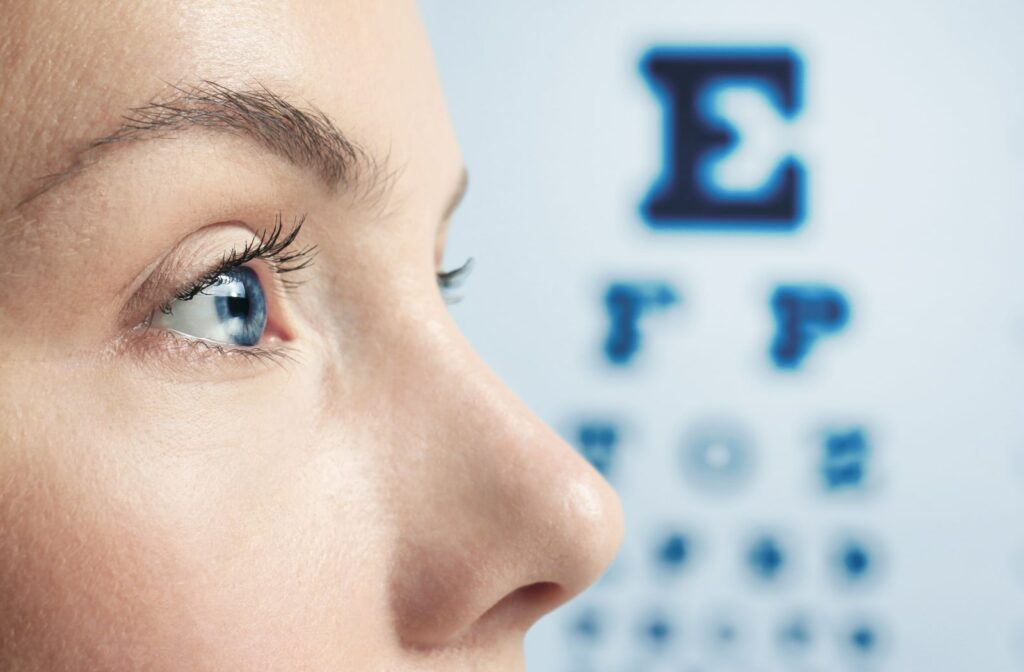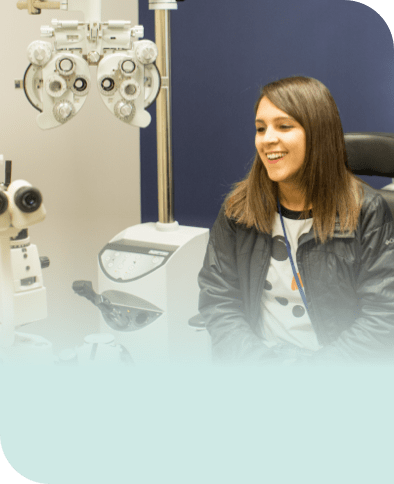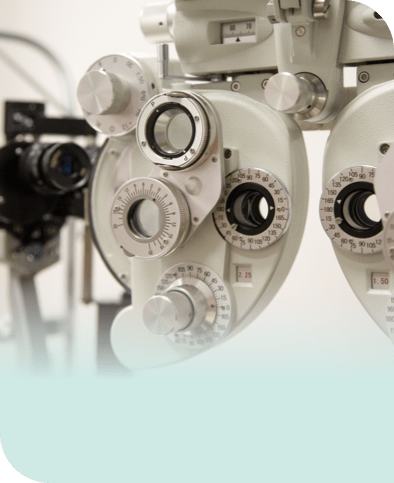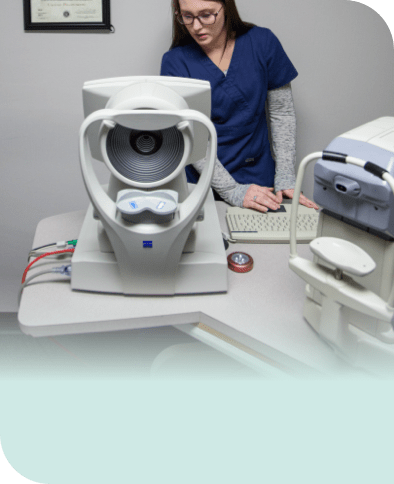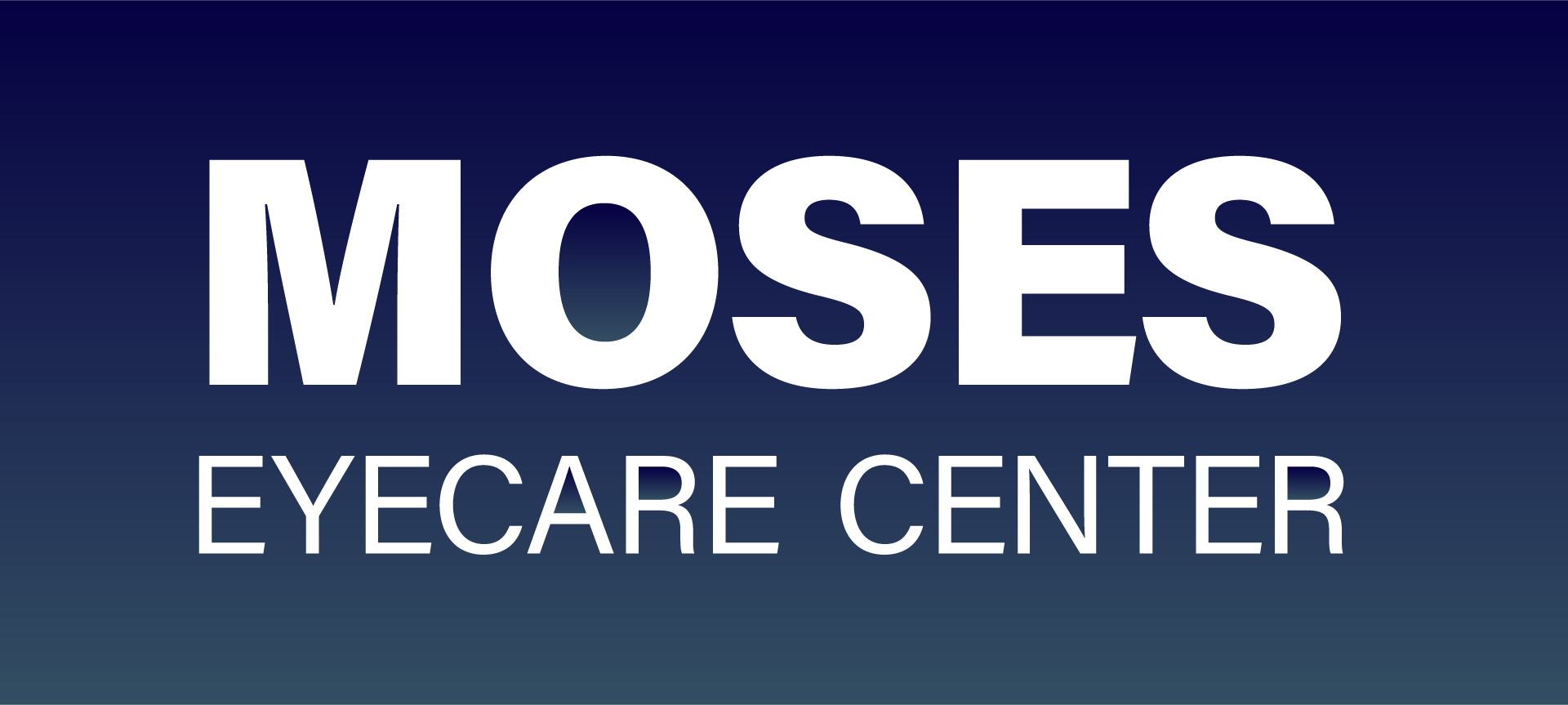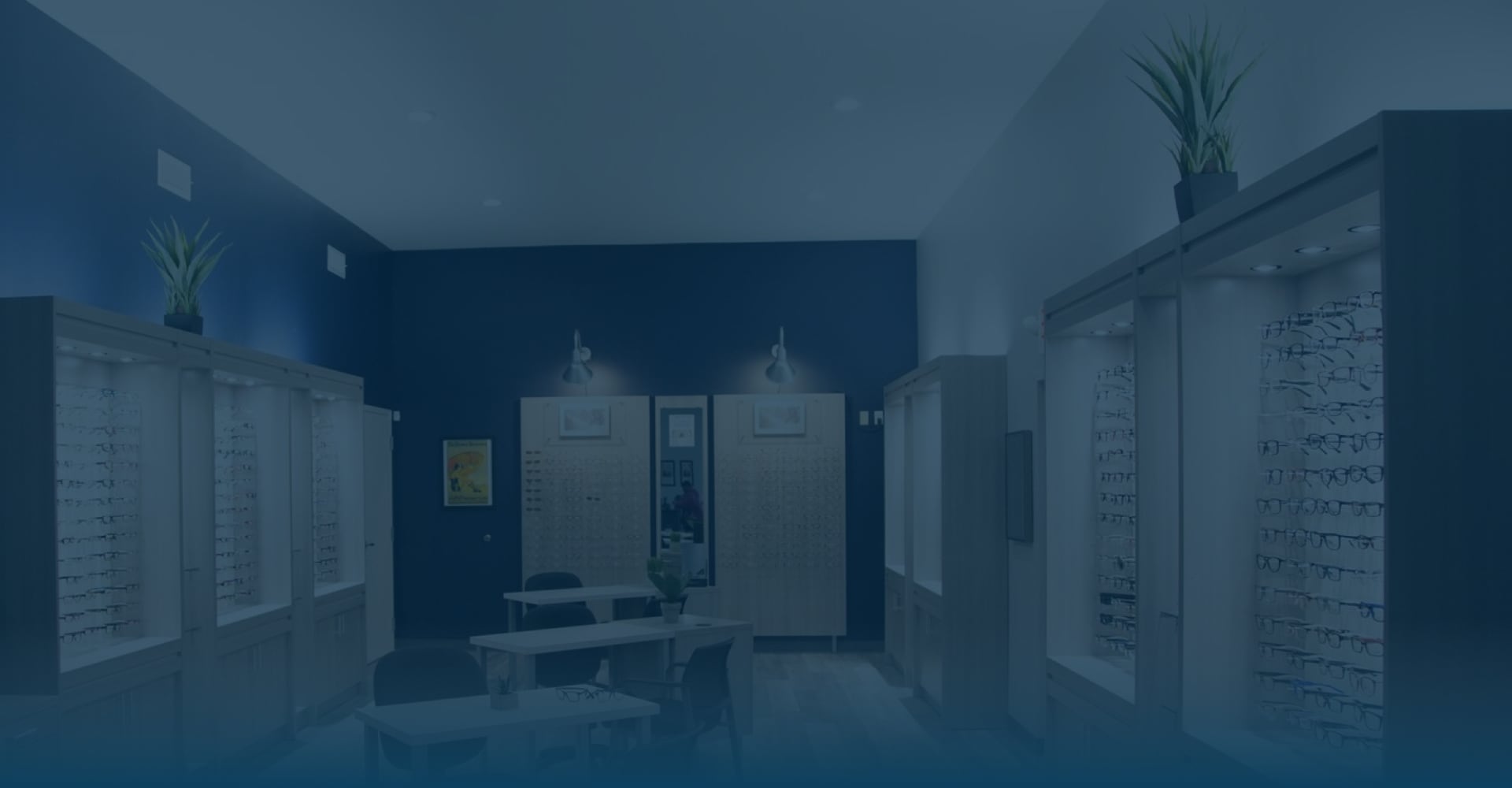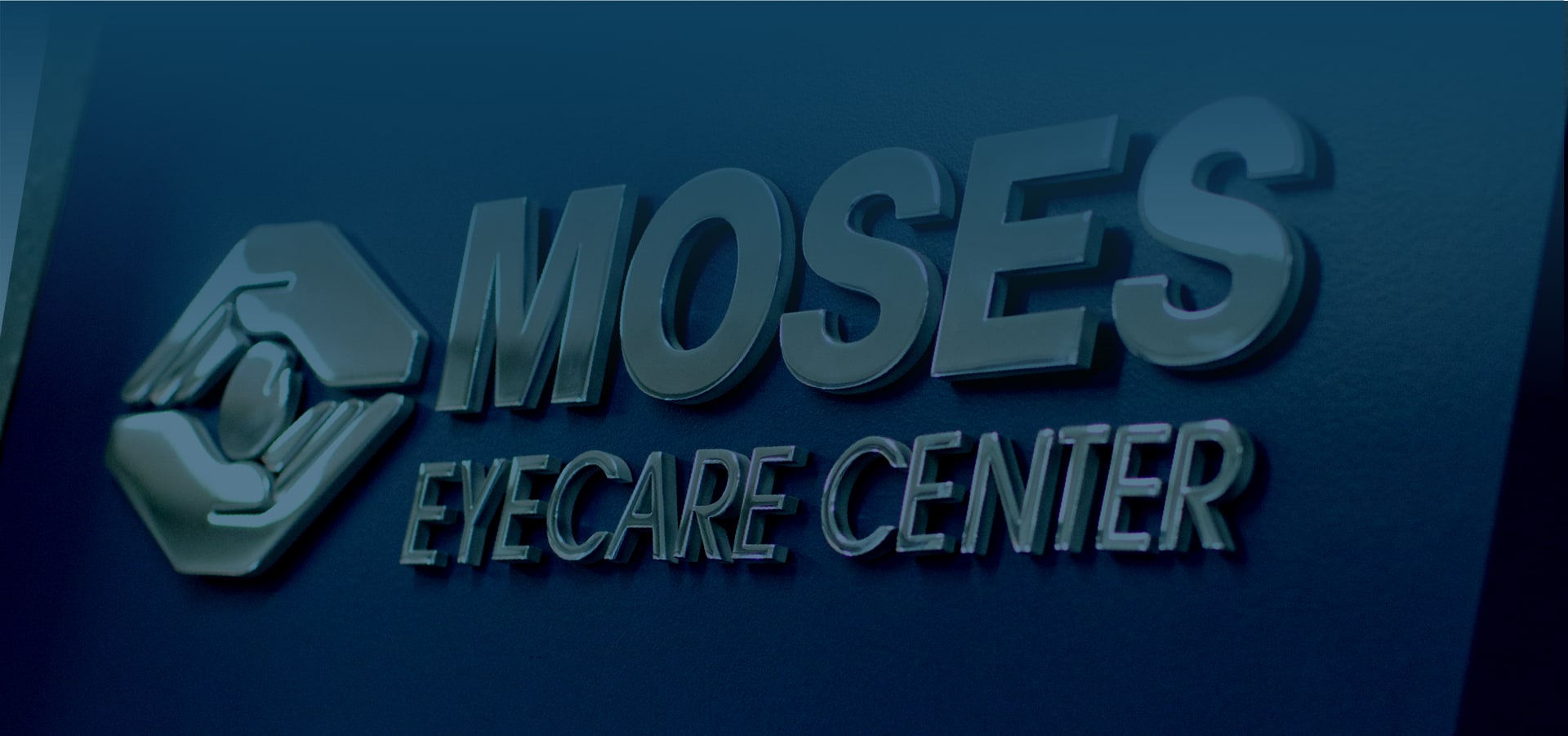Navigating the timelines for regular eye exams can be a maze of conflicting advice. With life’s hectic pace, it’s easy to neglect minor eye changes.
Most people should get an annual eye exam for healthy eyes and vision. However, if you have risk factors for eye conditions or your eye health needs close monitoring, more frequent eye exams may be necessary. Regular visits with your optometrist can help determine the right exam frequency for your unique eye health.
The Importance of Eye Health
Your eyes are the windows to the world, facilitating experiences and shaping your daily encounters in ways that other senses simply can’t. Regular eye exams are as central to health maintenance as annual physicals or dental check-ups.
Eyes, despite their small size, can signal the presence of larger health issues such as:
- Diabetes
- High blood pressure
- High cholesterol
- Lyme disease
- Multiple sclerosis
- Rheumatoid arthritis
- Thyroid disease
- Certain cancers
More than just about sight, these exams provide a snapshot of your overall well-being to support preventive steps before an issue escalates.
Eye Exam Frequency by Age
Understandably, the “when” of eye exams is not a one-size-fits-all answer. The American Optometric Association proposes varying frequencies based on different stages of life.
Children & Learning
It’s often recommended that children receive their first comprehensive eye examination shortly after 6 months of age. Pediatric eye doctors suggest another visit at age 3, and just before starting school around age 5 or 6.
Why so early? The reality is that vision problems can impair performance in school. Detecting and addressing these issues early provides young learners with the ideal foundation for academic success and development.
Adult Eye Exams
As you age, so do your eyes—with each passing year, new concerns can arise. For those under 40 with no identified risk factors or eye health issues, a routine eye exam every 1 to 2 years is generally considered appropriate.
However, contact lens wearers must undergo annual eye exams to update their prescriptions. Adults over 40 may begin to experience the onset of age-related vision problems, such as presbyopia or age-related macular degeneration, necessitating a visit every year, depending on your optometrist’s recommendation.
Senior Eye Exams
The frequency sees a subtle yet significant shift for seniors entering the golden phase of life. The recommendation for regular eye exams increases to once a year. Beyond the typical vision check, it’s also a time to screen for cataracts, glaucoma, and other age-related conditions that are more prevalent as you age.
Factors Influencing Eye Exam Appointments
While age is a general barometer for when to head to the optometrist, several variables can cause deviation from these suggested timelines.
Personal & Family Medical History
A strong genetic link could influence the recommendations you receive for eye exams. Your optometrist may advise more frequent check-ups if your family tree boasts a family member with certain eye conditions, including:
- Glaucoma
- Macular degeneration
- Cataracts
- Diabetic retinopathy
Known Eye Conditions
If you’ve already been diagnosed with an eye issue, don’t wait for the calendar to dictate your next exam. Your optometrist will set personalized intervals to monitor your eyes’ health and the condition’s progression. It’s always safer to follow the guidance of professionals who can tailor recommendations to your unique case.
The Telltale Signs That Your Eyes Need Attention
So, what indicators should prompt you to schedule an eye exam? The signs can vary widely, but some of the most common include:
- Vision changes: Blurry, hazy, or double vision are all red flags that merit professional assessment. You may need a simple prescription update, but an assessment can help detect more serious issues.
- Persistent eye discomfort: Pain or redness in the eyes, which does not decrease over time, should raise concerns. If you’re blinking away headaches more frequently, don’t dismiss them; they might be your eyes signaling for help.
- New flashes of light or sudden onset of floaters: These can be retinal detachment symptoms, potentially leading to vision loss if not treated rapidly. Any new, persistent flashes of light or a sudden increase in floaters should receive immediate attention.
The Unseen Benefits of Routine Eye Exams
Regular eye exams offer a host of benefits that you can’t find elsewhere. They are indispensable for:
- Regular prescription updates: Vision changes can be gradual and subtle. The corrective lenses that once provided perfect 20/20 vision might now be slightly out of tune. Regular eye exams keep your prescriptions optimized for crystal-clear vision.
- Early detection of silent eye threats: Many eye diseases progress asymptomatically until their advanced stages, sometimes to the brink of irreversible damage. Eye exams can intercept these conditions while they’re still manageable, preventing vision loss and other complications.
- Monitoring overall health: Eyes can be a mirror reflecting your overall health. Conditions like diabetes and high blood pressure can be spotted during a routine exam, allowing for early intervention and better health outcomes.
Care for Your Eyes with Comprehensive Eye Exams
With all your healthcare obligations, the question isn’t whether to schedule a regular eye exam—it’s how soon and how often. By adhering to recommended guidelines and listening to your body’s cues, you safeguard your vision and proactively manage your well-being.
Support your eye care and make an appointment at Moses Eyecare Center. Your future self, with clear, healthy vision, will thank you.


